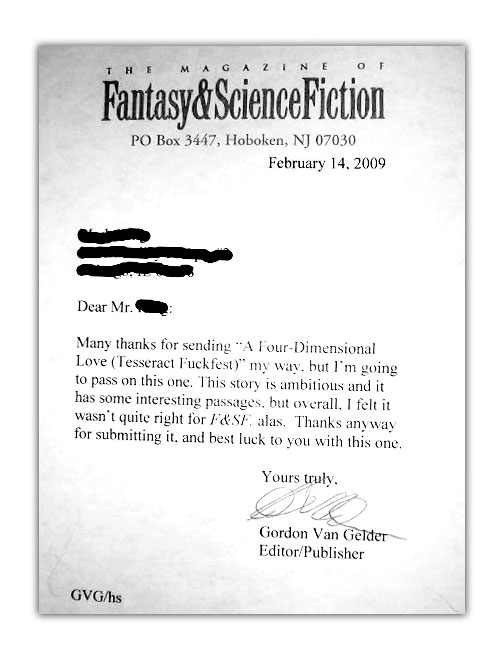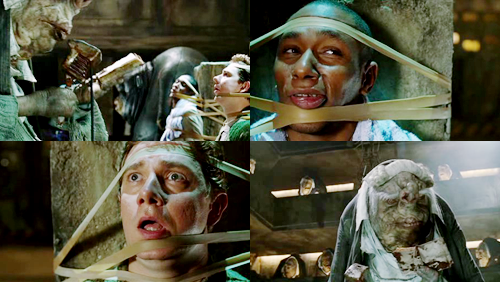It did this in a matter of hours.
Alpha zero isn’t a stupid brute force engine, either; in fact it looks ahead far fewer moves than its opponents… who are also computer programs. But ones written more directly by humans.
Alpha Zero, more or less, wrote itself.
I had thought that SF writer Vernor Vinge had invented the idea behind this real world realization of a Super intelligence explosion, but it turns out that this idea has been around since the 60s, dreamt up during one of AIs many false dawns.
Let an ultraintelligent machine be defined as a machine that can far surpass all the intellectual activities of any any man however clever. Since the design of machines is one of these intellectual activities, an ultraintelligent machine could design even better machines; there would then unquestionably be an “intelligence explosion,” and the intelligence of man would be left far behind. Thus the first ultraintelligent machine is the last invention that man need ever make, provided that the machine is docile enough to tell us how to keep it under control. … It is more probable than not that, within the twentieth century, an ultraintelligent machine will be built and that it will be the last invention that man need make.
I. J. Good
So, this is terrifying, but the worst thing, or best thing, if you get to monetize the product, is that Alpha Zero taught itself Go and Shogi as well, again in a few hours, and now it’s the best at them, too.
These games are similar in many ways, and reassuring articles now abound explaining how far deep learning is still from real intelligence, general intelligence. One has to wonder if one day we get general intelligence, too–without ever understanding what it is. What we are.
Because we don’t understand Alpha Zero. The code just works. It knows more about chess than any human ever will, it plays elegantly, masterfully–at times it seems to toy with its opponent, rubbing their nose in their leaden brute force clunkiness.
The article goes on to talk about other deep learning applications that could soon make a serious impact in medicine–diagnosing brain injury about as good as a human doctor with decades of training and experience… but hundreds of times faster, and, though the article never says it, about a million times more cheaply.
Like many tech articles, even as it lays out a economic apocalypse of white collar work, with all of new revenue presumably flowing to companies like Google, who ‘get there firstest with the mostest’, there’s the presumption that capitalism will deal with this elegantly.
Progress is awesome! Everyone put out of work by this product will be able to afford the products created by their replacement! Somehow!
Even though these products, built on bazillions in public-spending to get the whole computer thing going, will be priced by giant global brutal monopolies.
We appear to be standing on the lip of the abyss.
Just as fisherman gained the ability to catch every fish in the ocean with high tech, the 1% has gained the ability to utterly capture the wealth of the middle class. IE, 90% of the consuming class. They have done this by reaping disproportionality the productivity gains of the information economy.
Technology may be neutral, but new tech is expensive, and when it is instantly weaponized by the shareholding class, we see that inequality is now tracking the curve of the approaching singularity.
Here’s another thing. The consumer economy doesn’t work without consumers. Your iphone factory is worthless when nobody can afford the new iphones.
So the owners of Alpha Zero and its split-second educated and manufactured slave children, will have two choices.
A new feudalism where 99.99 percent of the wealth is held by .01% of the population. Just keep adding nines on the one side and pushing the decimal on the other.
Or the shareholding class will have to manufacture consumers somehow. Whether that’s basic income, or subsidized work, or labor laws that partner human workers with super-smart AI pals, is unclear.
But we are at the point where the owners can, if they want, catch every fish in the sea. And then starve to death. Or rather, starve us to death, presumably hiding in fortified bunkers till we’re gone.
Alpha zero, at this point, is too dumb to care what happens.
In my Zeitgeist stories, general intelligence emerges in the next few decades and then spills into the environment. It takes whacks at these big problems too.
With interesting results.
Oh. I love these stories… I hope they sell.

